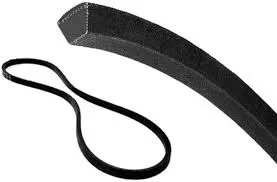BRD is multifactorial, meaning that it arises from various factors working in combination. Respiratory pathogens, such as Mannheimia haemolytica, Pasteurella multocida, and Histophilus somni, often cause secondary infections following a viral infection, such as infectious bovine rhinotracheitis (IBR) or bovine respiratory syncytial virus (BRSV). Environmental factors like overcrowding, poor ventilation, sudden temperature changes, and inadequate nutrition can weaken the immune system of cattle, making them more susceptible to pneumonia.






